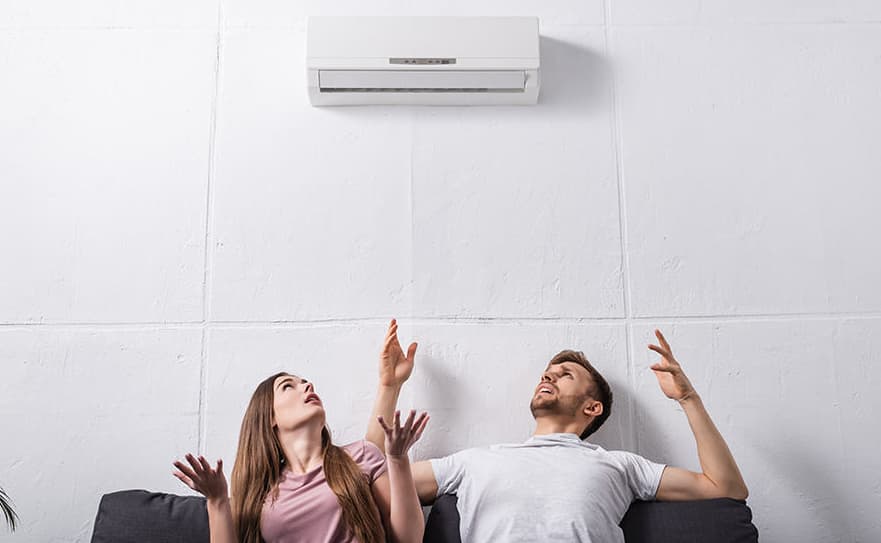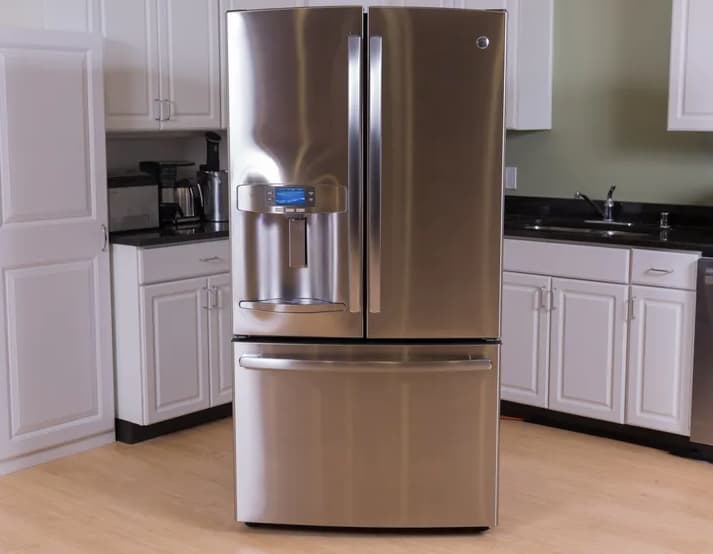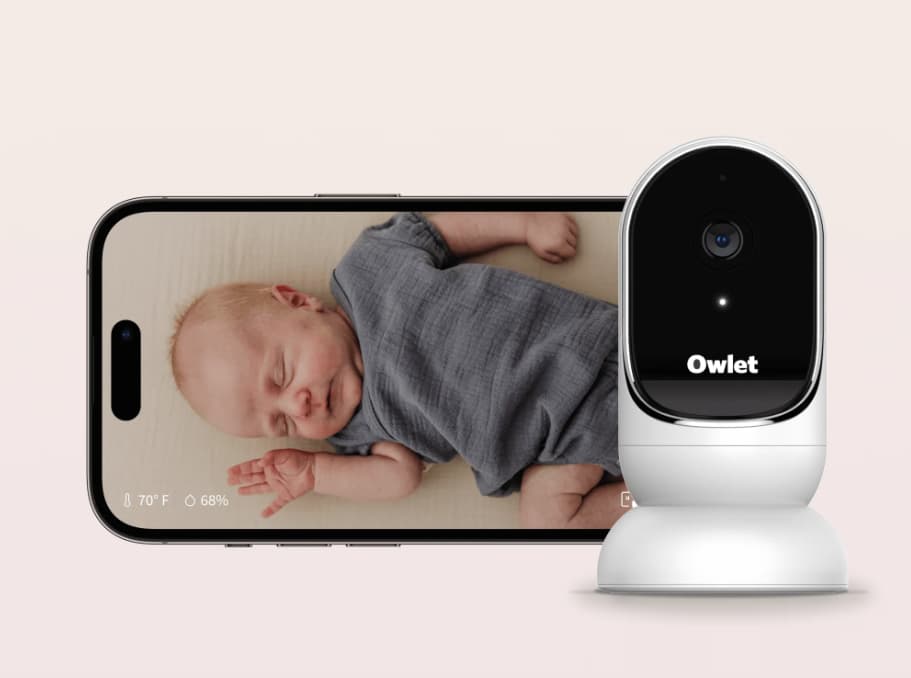Air Conditioner Turns on By Itself – By exploring the various causes of an air conditioner turning on by itself, we have provided a comprehensive overview of this puzzling phenomenon. From faulty thermostats and electrical issues to remote control interference and software glitches, there are several factors that can contribute to this problem.
By implementing the suggested solutions such as checking and cleaning sensors, resolving remote control signal interference, and updating software or firmware, you can regain control over your air conditioner.
Remember, if the issue persists, it is always advisable to seek professional assistance to ensure the proper functioning of your AC unit and maintain a comfortable indoor environment.
Air Conditioner Turns on By Itself

Have you ever been puzzled by a situation where your air conditioner starts running on its own? It can be quite unsettling to enter a room and discover that the AC is operating without any command from you.
Why Air Conditioner Turns On By Itself?
In this blog post on “Air Conditioner Turns on By Itself”, we will delve into the potential reasons behind this perplexing occurrence and offer practical solutions to regain control over your air conditioner.
Let’s embark on a journey to uncover the mystery behind why your air conditioner might be turning on autonomously.
-
Faulty Thermostat
One common culprit behind an air conditioner turning on by itself is a faulty thermostat. The thermostat acts as the command hub for your air conditioner, detecting the surrounding temperature and sending signals to turn the unit on or off accordingly.
However, if the thermostat malfunctions, it can send erroneous signals, resulting in your air conditioner starting unexpectedly. To resolve this problem, begin by examining the thermostat settings and ensuring they are properly configured.
Ensure that it is set to the desired temperature and the fan mode is correctly selected. If the issue continues, consider substituting the thermostat or contacting a proficient technician to analyze and resolve the problem.
-
Power Surges and Electrical Issues
Power surges and electrical problems can also trigger your air conditioner to turn on spontaneously. Electrical fluctuations can disrupt the normal functioning of your AC unit, causing it to start unexpectedly. This could be due to problems with the electrical wiring, defective circuit breakers, or power outages.
To tackle this problem, start by checking the circuit breaker panel to ensure that no breakers have tripped. If you detect any problems with the electrical wiring, it is important to consult a skilled electrician to evaluate and fix the wiring. Consider installing a surge protector to safeguard your air conditioner from electrical surges.
-
Remote Control Interference
Believe it or not, remote control interference can be another reason for your air conditioner turning on by itself. Infrared signals from other devices, such as televisions or DVD players, can unintentionally trigger your AC unit. Additionally, if the remote control’s signal receiver on the air conditioner is faulty or dirty, it may misinterpret signals and initiate the cooling process.
To troubleshoot this issue, try relocating any electronic devices that may be interfering with the remote control’s signals. Clean the signal receiver on the air conditioner using a soft cloth.
If the problem persists, consider replacing the remote control or seeking professional assistance for further diagnosis.
-
Scheduled Programming or Smart Features
Modern air conditioners often come equipped with advanced features such as scheduled programming or smart capabilities. These elements permit you to specify specific times for your AC unit to turn on and off automatically. However, if you inadvertently activate these functions or encounter programming glitches, your air conditioner may start unexpectedly.
To determine this problem, consult your air conditioner’s user guide or direct to the manufacturer’s website for instructions on disabling or resetting the programmed settings. If you’re using a smart AC system, ensure that the associated mobile app or device is configured correctly and double-check the programming settings.
-
Malfunctioning Sensors
Another possible reason for your air conditioner turning on by itself is malfunctioning sensors. Air conditioners are provided with different sensors that notice elements such as room temperature, humidity levels, and air quality. If these sensors become faulty or dirty, they may provide inaccurate readings, causing the AC unit to start unexpectedly.
To handle this problem, review the manufacturer’s instructions on how to clean or calibrate the sensors. Gently clean the sensors using a soft cloth and ensure that they are free from any obstructions or debris. If the issue continues, it may be required to get a proficient technician to check and substitute the defective sensors.
-
Remote Control Signal Interference
In some cases, the signal interference for your air conditioner may not be caused by other electronic devices, but rather by external factors such as neighboring buildings or radio frequency interference. This can lead to unintentional activation of your AC unit.
To minimize signal interference, try repositioning the air conditioner’s signal receiver to a location with better line-of-sight access to the remote control. Alternatively, you can consider using a universal remote control with a stronger signal or a different frequency. It may also be helpful to consult the manufacturer for guidance on this issue.
-
Software or Firmware Glitches
Modern air conditioners often rely on complex software or firmware to control their operations. Just like any other electronic device, these systems can encounter glitches or bugs, leading to unexpected behavior such as the AC turning on by itself.
In such cases, it is advisable to check for available software or firmware updates for your air conditioner model. Visit the manufacturer’s website or contact their customer support to inquire about any known issues and potential solutions. Updating the software or firmware can often resolve these glitches and restore the proper functioning of your air conditioner.
-
Environmental Factors
Certain environmental factors can also contribute to your air conditioner turning on by itself. For example, sudden temperature fluctuations or changes in humidity levels can trigger the AC unit to start automatically in order to maintain the desired comfort settings.
To address this issue, consider adjusting the temperature settings on your air conditioner to a narrower range. This can help prevent the unit from turning on unnecessarily due to minor temperature variations.
Additionally, installing curtains or blinds to block direct sunlight can help maintain a more stable temperature indoors, reducing the frequency of automatic activations.
How to Fix Air Conditioner Turns On By Itself?
If your air conditioner turns on by itself, there might be several possible reasons:
- Faulty Thermostat: The thermostat is responsible for regulating the temperature and controlling when the AC unit turns on and off. If it’s faulty, it may cause the air conditioner to turn on and off at inappropriate times.
- Check the thermostat’s settings to ensure it’s programmed correctly. If it’s a programmable thermostat, ensure that the schedules are set as per your needs.
- If your thermostat is old, it might need a battery replacement.
- If the above checks don’t help, you may need to replace your thermostat.
- Electrical Issues: Electrical problems like short circuits could also cause your air conditioner to turn on by itself.
- Inspect the wiring of your air conditioner and thermostat. If you see any visible signs of damage or wear, you should contact a professional to repair or replace the wiring.
- Also, check your circuit breaker. If it trips frequently, it might be an indication of an electrical problem.
- Faulty Control Board: The control board is like the brain of your AC unit. If it’s faulty, it can cause erratic behavior, including the unit turning on by itself.
- If you suspect the control board is the issue, you should hire a professional. The control board is a complicated component and usually requires professional expertise to repair or replace.
- Remote Control Issues: If your AC is controlled by a remote, there could be an issue with the remote control.
- Check if any buttons are stuck or if the remote is malfunctioning.
- Also, ensure the remote isn’t accidentally activating the air conditioner. Sometimes, other remote controls can interfere with the AC unit if they operate on the same frequency.
- Timer or ‘Sleep’ Settings: Some air conditioners have a timer or ‘sleep’ setting that automatically turns the AC on or off.
- Review the settings on your AC to ensure these aren’t accidentally set to turn the AC on.
Note: If you’ve tried these steps and the problem persists, it’s best to call in a professional HVAC technician. Air conditioners are complex systems, and trying to fix them without the proper knowledge can lead to further damage and potential safety risks.
Also Check:
Conclusion:
Finding that your air conditioner turns on by itself can be enigmatic, but comprehending the possible reasons can assist you troubleshoot and determine the problem.
By checking the thermostat, addressing power surges, dealing with remote control interference, and reviewing any programmed settings, you can regain control over your AC unit.
If these answers do not determine the issue, it is advisable to pursue experienced assistance from a skilled technician. Remember, proper maintenance and regular inspections can prevent such issues in the future, ensuring that your air conditioner operates smoothly and efficiently.



